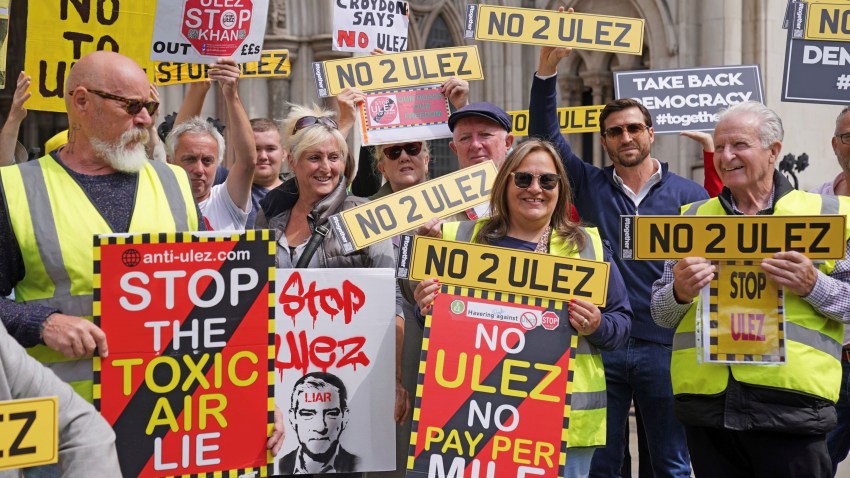With countries around the Mediterranean suffering from brutal heatwaves and autocracies made rich through oil and gas exports actively sabotaging the rule of law, the need for European states to reduce their dependence on carbon-based energy sources has never seemed greater. Opinion polls indicate firm support among younger people in the U.K. and European Union for the wide-ranging measures needed to combat climate change, and a political breakthrough toward the green transformation of European societies has seemed imminent in recent years. Yet growing signs of disquiet among some voters in the U.K. and EU over the tradeoffs needed to make green policies work signals that public support for the green transformation cannot be taken for granted.
A good example of how frustration among a significant minority of voters can throw environmental reforms into question emerged in the aftermath of last Thursday’s by-elections in the U.K., which involved three Tory-held seats in Parliament that had been vacated by resignations, including that of former Prime Minister Boris Johnson.
For informed observers of British politics, the thumping victories by the Liberal Democrats in Somerton and Frome, in southwest England, and Labour in Selby and Ainsty, in northern England, represent a potential epochal transformation of U.K. politics ahead of general elections that will take place by the end of 2024. In both cases, the victors overturned 20,000-vote Tory majorities in the December 2019 elections.

